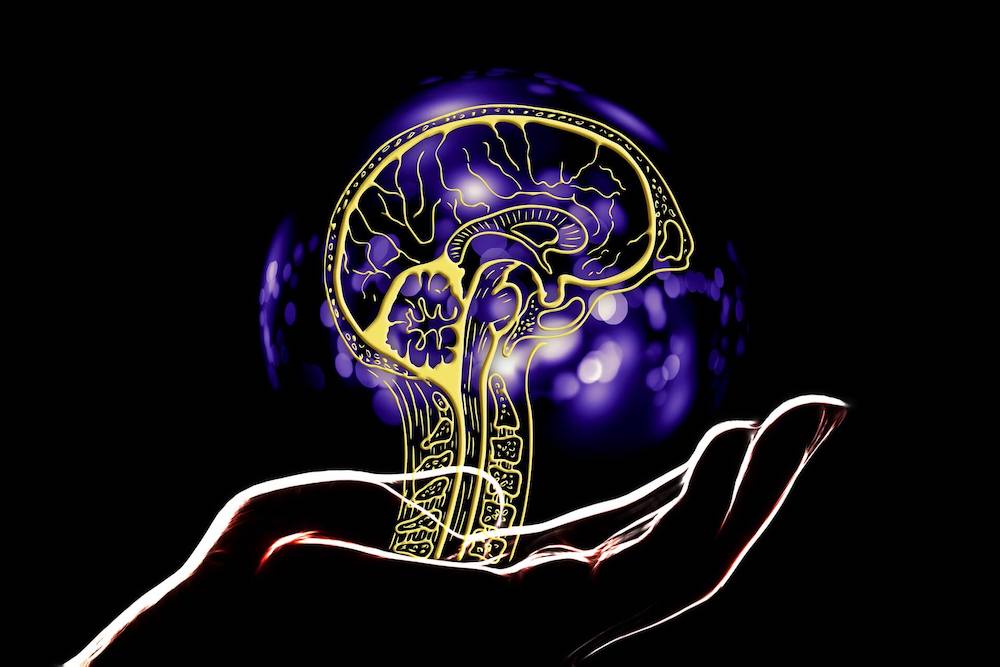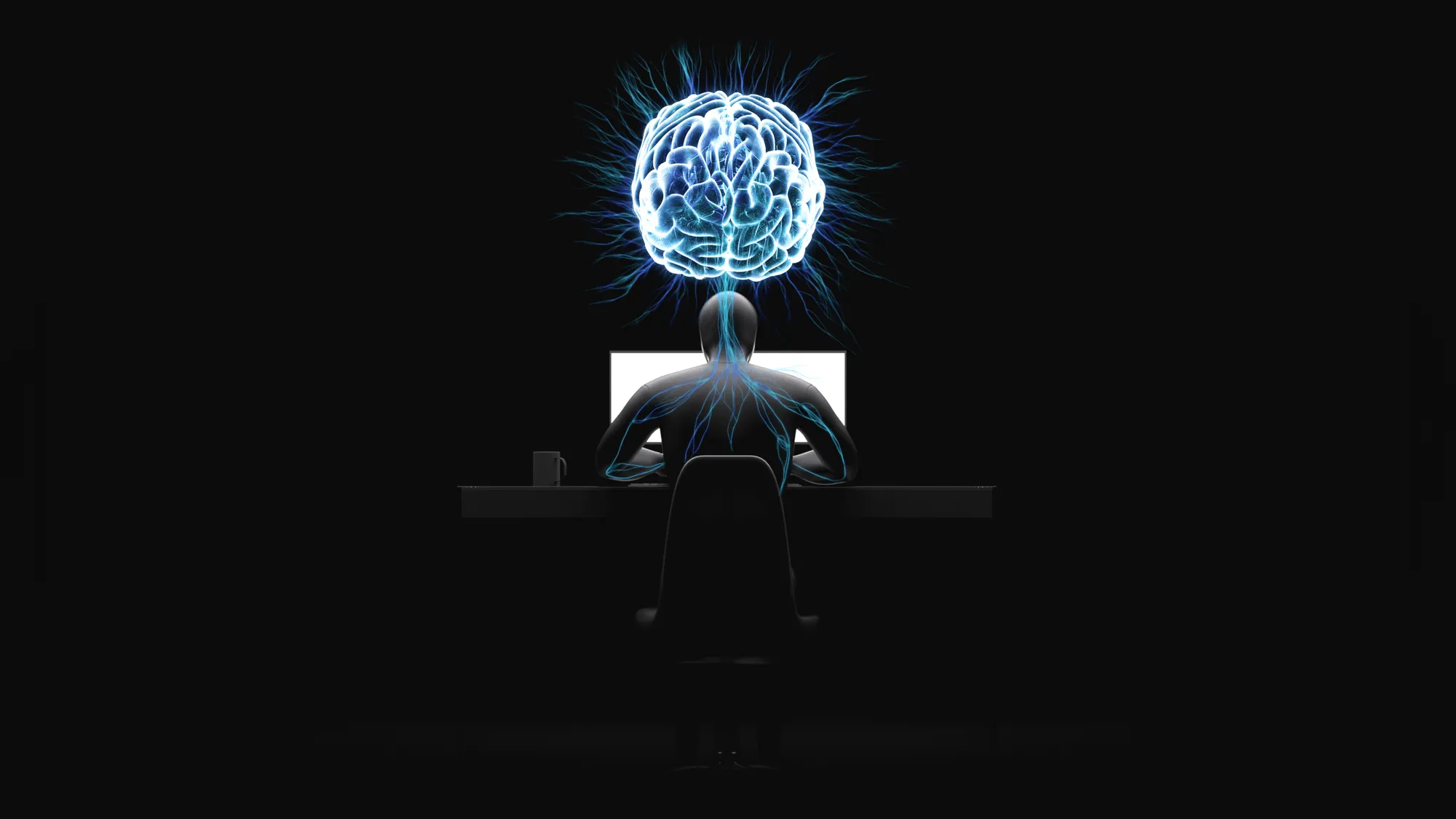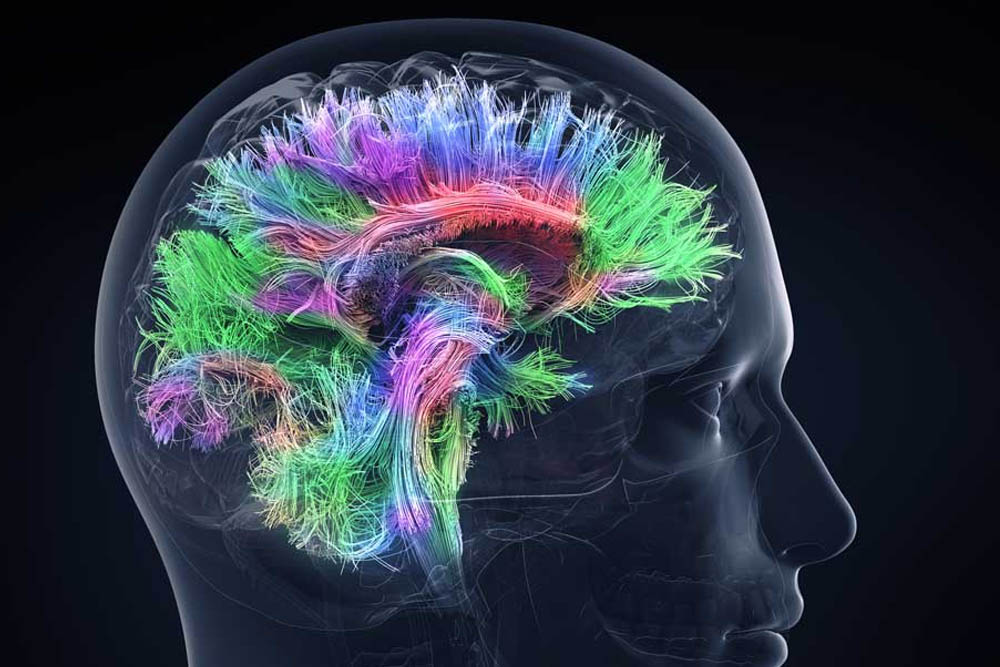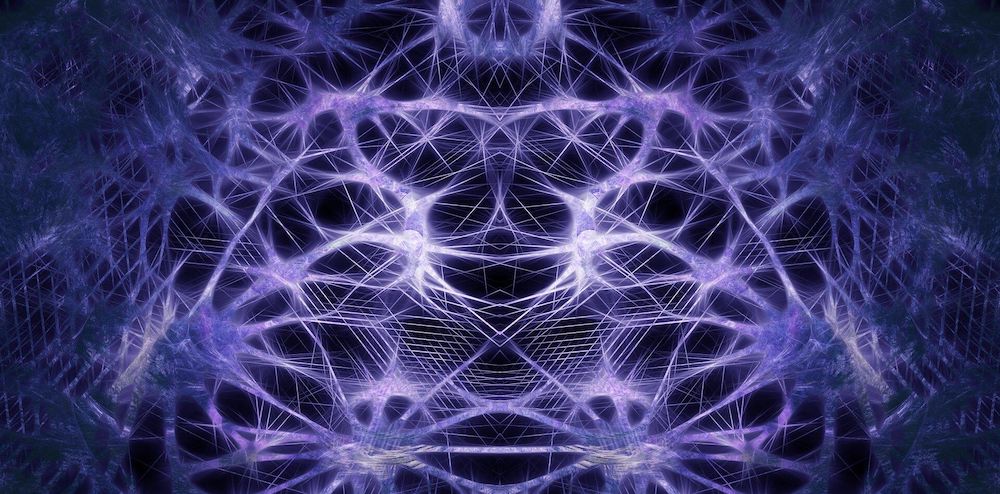
What gratitude is. How it benefits health, life, creativity and well being. Flow Research Collective Radio episode seven summary.
Gratitude is the quality of thankfulness and a readiness to show appreciation and to return kindness.
Scientific studies have shown that gratitude can:
- Improve sleep.
- Enhance relationships.
- Keep you healthier.
- Increase motivation.
- Boost happiness.
In this article and accompanying podcast, you will see that gratitude is a skill, a trait, and a useful filtering mechanism.
Practicing gratitude daily will make you happier, and healthier.
Gratitude is associated with improvements in mood, life satisfaction, and overall well being. According to Dr. Glenn Fox, one of the world’s leading experts in the neuroscience of gratitude, “The academic definition of gratitude is the feeling we can have when we receive something that comes from some effort or cost to someone and that fulfills a need for us.”
Dr. Fox is the Head of Program Design, Strategy, and Outreach at the USC Performance Science Institute. He’s also a part of the team here at the Collective.
We’ve been working with Dr. Fox for a series of studies on the correlation between high flow lifestyles and people with a regular gratitude practice.
The research studies are talked about at (36:15) of our podcast episode, “Unlocking Creativity and Maximizing Gratitude w/Dr. Glenn Fox and Dr. Scott Barry Kaufman.”
One of the big questions we’re working on is “What is unique about gratitude that leads to flow?”
In this episode, we’re also joined by humanistic psychologist Dr. Scott Barry Kaufman.
He’s the author of the book “Transcend” and one of our peak performance coaches.
Steven Kotler, Rian Doris, and Fox and Kaufman have an illuminating conversation that covers the neuroscience of creativity, how gratitude impacts the brain and how it can boost both your creativity and level of baseline gratitude.
You should really listen to the whole episode here:
Return to this article for a summary of some of the episode’s highlights and the benefits of gratitude.
Gratitude and Needs
When you get something from someone that helps you out, it is interpersonal gratitude.
In our podcast, Dr. Fox talks about when gratitude fulfills a need for us.
These needs can be psychological, personal, or Maslowvian (Maslow’s hierarchy of needs which Kaufman recently updated).
It’s similar to the feeling we get when a stressor is removed due to the actions of another person.
This type of gratitude shows us that gratitude and stress relief can be interweaved.
Gratitude is not always associated with happiness and positivity, sometimes, there can be a little pain and vulnerability involved.
Gratitude vs Appreciation
There are different opinions about the difference between gratitude and appreciation.
Dr. Fox explains that it’s important to have some resolution about what these words mean, “I think appreciation is more like the sun is coming through the window very nicely and I can have a moment of appreciation for that.”
Where gratitude is less general, “the way the sun is reflecting off the roof tiles is quite beautiful to me.”
Gratitude is very specific and multidimensional where appreciation is more generalized.
“It’s not super important, unless it helps you resolve and label emotions accurately,” says Dr. Fox.
Gratitude and Creativity
Dr. Kaufman says that humanistic psychologists often talk about the linkage between gratitude and creativity.
“Their idea of gratitude is more like witnessing,” he says.
Gratitude is linked to being more open to experiences.
In order to experience more gratitude you should try to get rid of:
- Insecurities.
- Labels.
- Prior expectations.
- Judgements.
When you do that, you can see something for what it really is. Gratitude comes as a result of that perspective.
This is related to what many creatives experience as “newness of appreciation.”
Maslow was the first to call it that. In “Transcend”, Kaufman quotes Barnaby Nelson and David Rawlings who describe newness of appreciation this way:
It is precisely this newness of appreciation and the associated sense of exploration and discovery, that stimulates the deep immersion in the creative process., which itself may trigger a shift in quality of experience, generally in terms of an intensification or heightening of experience.
Kaufman says that, “there’s something amazing that’s rooted in gratitude when we’re building or creating something new.”
I think it’s safe to assume that there is a connection between gratitude and the creative process.
Gratitude as a Filter
Keeping a daily gratitude journal is a practice we recommend at the collective. In addition, you can also write letters of gratitude to people in your life.
An interesting secondary action takes place when you keep a gratitude journal.
Knowing that you’re going to be journaling about gratitude at the end of the day creates this filter on life.
You begin to become more aware of things to be grateful for because you have started to write them down.
Dr. Fox says, “find things around you that you don’t normally associate with gratitude. There’s something in your office, in your room, that took a lot of effort to create and that you get great enjoyment from.
Once we establish the mindset of looking for things to be grateful for, we notice areas we missed.
For example, many people feel gratitude for the “miracle” of birth, but, over time, become numb to the gratitude of living longer each year.
When gratitude becomes your filter on life, you realize just how much you have to be grateful for all the time.
Hear the full conversation on gratitude and creativity
Episode 7 of Flow Research Collective Radio, recorded on September 29, 2020.









